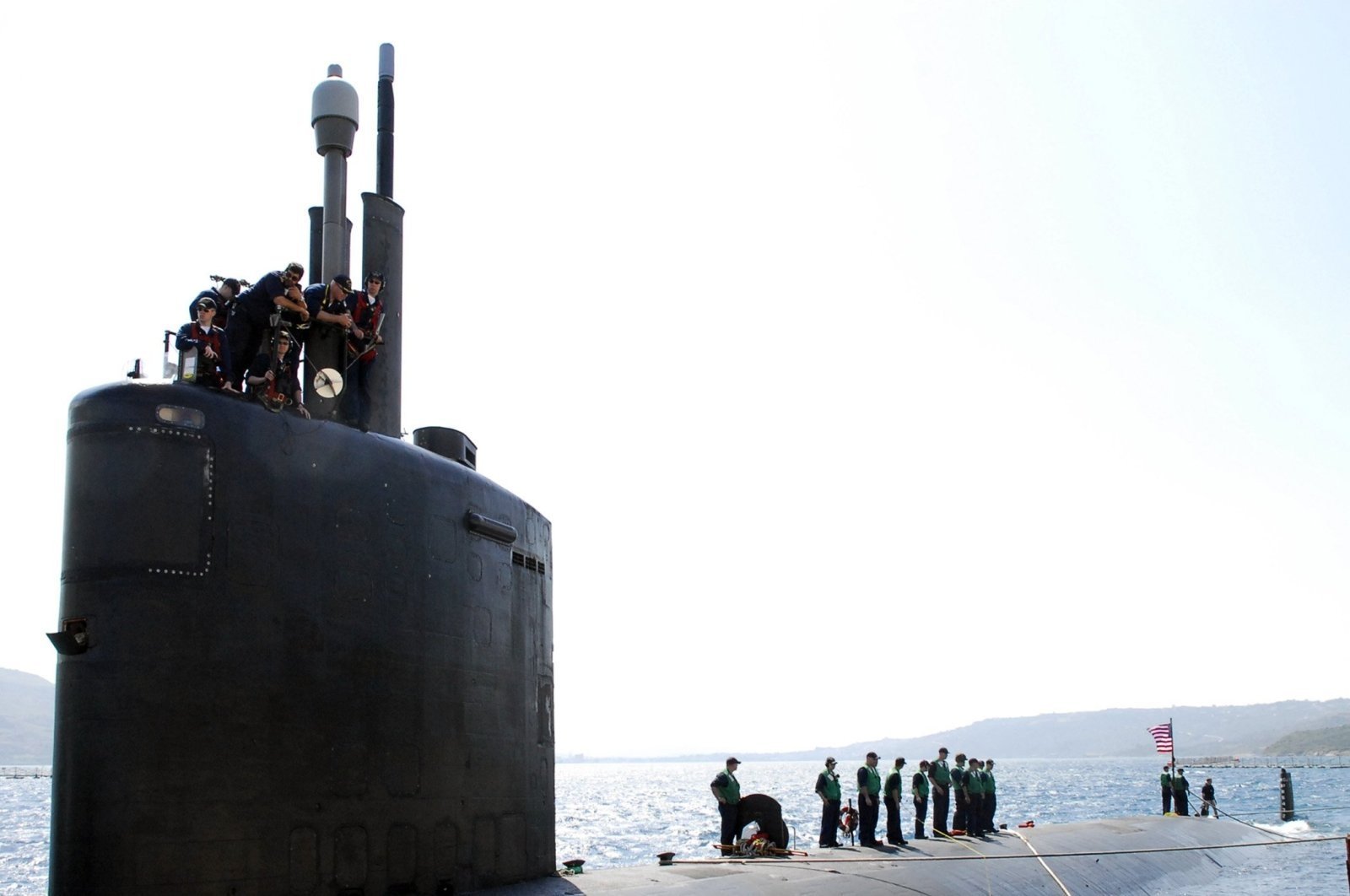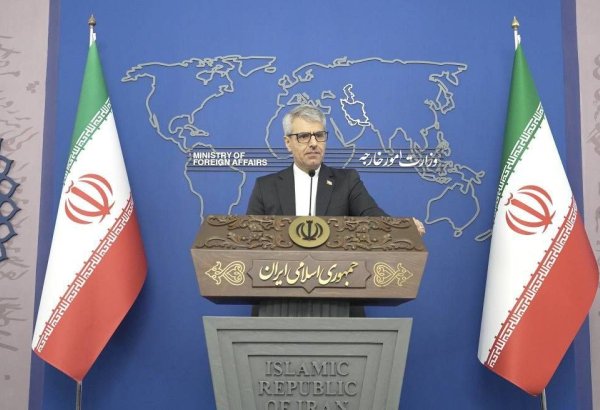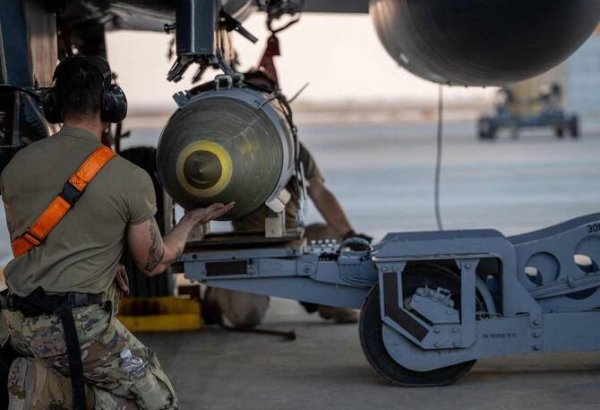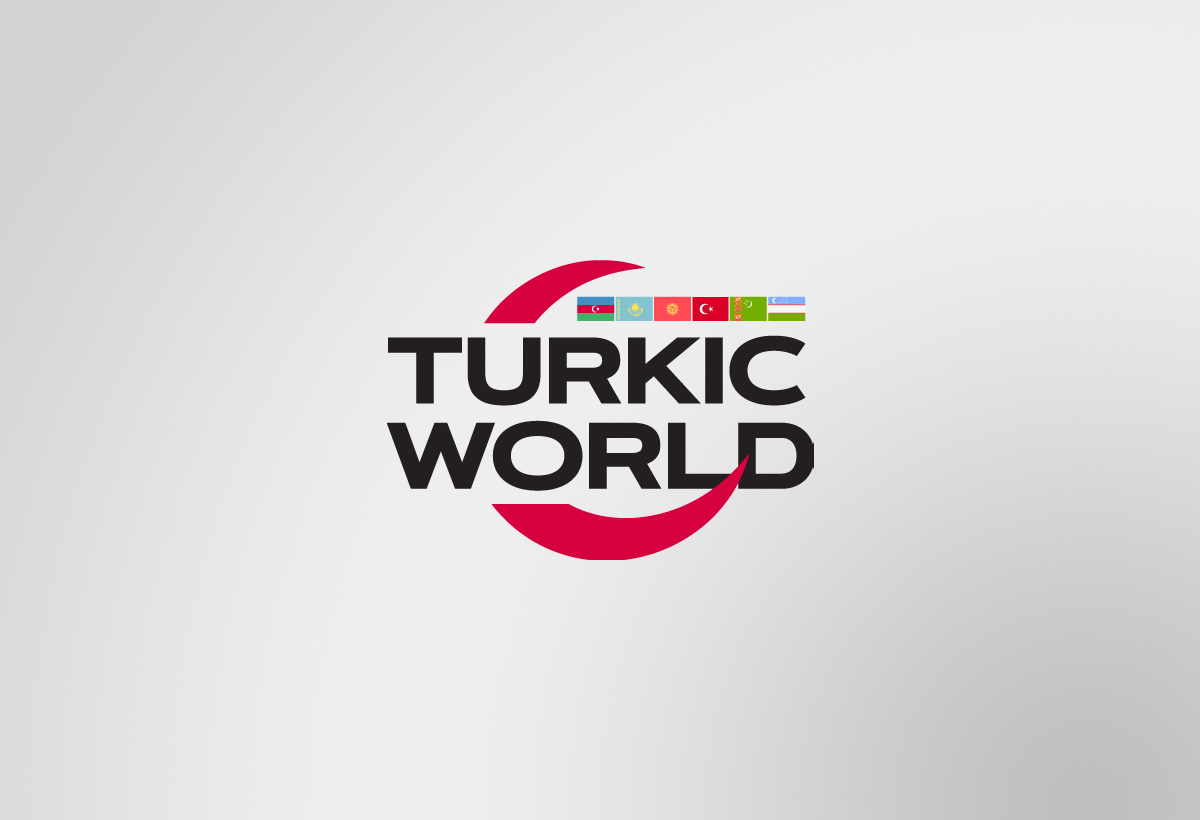Baku TurkicWorld
The anchoring of the U.S. destroyer USS Arleigh Burke at a Greek Cypriot port undermines Washington’s neutrality in the face of the ongoing Cyprus question, the Turkish Foreign Ministry said late Wednesday, TurkicWorld reports citing Daily Sabah.
Saying that it supported the statement made by the Foreign Ministry of the Turkish Republic of Northern Cyprus (TRNC), the Turkish ministry said: “As we have repeatedly emphasized together with the TRNC, the steps taken in the region by the U.S. that disrupt the balance at the expense of the Turkish Cypriot side damage that country’s longstanding neutral position regarding the island and pose an obstacle to a just, sustainable and lasting settlement of the Cyprus issue.”
“We invite the U.S. to reconsider these policies,” it added.
It continued to say that Türkiye, as a guarantor state in Cyprus, will continue to resolutely defend the legitimate rights and interests of the Turkish Cypriots under all circumstances and conditions.
The TRNC ministry said, “The U.S. continues to increase its military support for the Greek Cypriot administration and that displays it prefers tensions and conflict in the Eastern Mediterranean instead of consensus and diplomacy.”
It pointed out that this support from Washington would encourage aggressive behavior of the Greek Cypriot administration on the island and in the region.
The latest U.S. move follows Washington’s decision last year to lift its arms embargo on the Greek Cypriot administration.
The U.S. enacted the embargo in 1987 to prevent a potential arms race from harming peace talks with Turkish Cypriots. Barred access to U.S. weapons, the Greek Cypriot administration turned to Russia to procure Mi-35 attack helicopters, T-80 tanks and Tor-M1 anti-aircraft missile systems.
Türkiye has often invited its NATO ally, the U.S., to adopt a neutral stance on Cyprus.
Cyprus has been mired in a decadeslong dispute between the Turkish and Greek Cypriots, despite a series of diplomatic efforts by the U.N. to achieve a comprehensive settlement.
Ethnic attacks in the early 1960s forced Turkish Cypriots to withdraw into enclaves for their safety.
In 1974, a Greek Cypriot coup aimed at Greece’s annexation led to Türkiye’s military intervention as a guarantor power to protect Turkish Cypriots from persecution and violence. As a result, the TRNC was founded in 1983.
It has recently seen an on-and-off peace process, including a failed 2017 initiative in Switzerland under the auspices of guarantor countries Türkiye, Greece and the United Kingdom.
The Greek Cypriot administration entered the European Union in 2004, the same year Greek Cypriots thwarted the U.N.’s Annan plan to end the longstanding dispute.
Today, the Turkish side supports a solution based on the equal sovereignty of the two states on the island. On the other hand, the Greek side wants a federal solution based on the hegemony of the Greeks.























